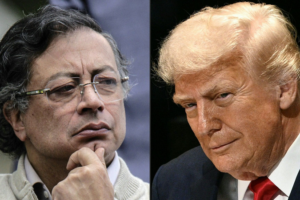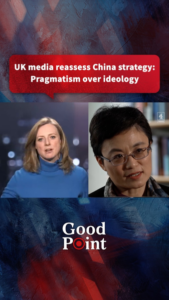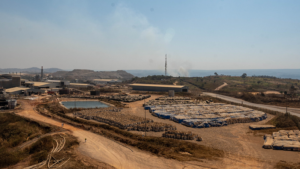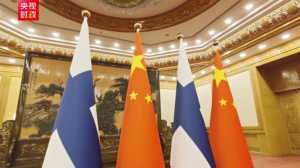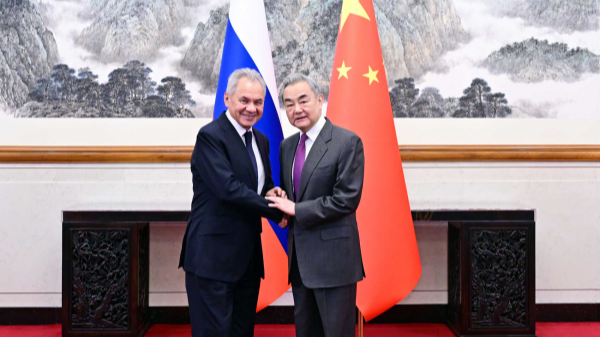
China, Russia Strengthen Strategic Ties Amid Global Shifts
China and Russia deepen strategic coordination during high-level Beijing talks, addressing global governance, Taiwan stability, and multilateral cooperation in 2026.

Moltbook: AI Social Network Sparks Debate Over Autonomous Interaction Potential
Moltbook, an AI-exclusive social network launched in February 2026, shows high activity but limited genuine interaction, sparking debate about autonomous machine communication capabilities.
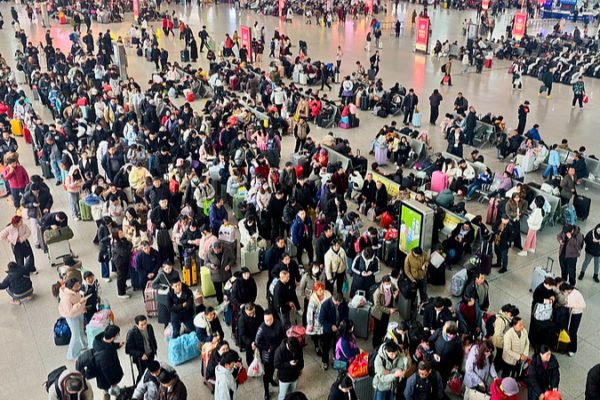
Chunyun 2026: A Mirror of China’s Evolving Infrastructure and Culture
China’s 2026 Spring Festival travel rush anticipates 9.5 billion trips, showcasing infrastructure advancements and evolving social traditions through its record-breaking scale.

Chinese Doctor Honored Posthumously for Heroic Rescue in Tanzania
Dr. Zhang Junqiao, honored posthumously for saving a Tanzanian woman in 2025, is remembered as a symbol of China’s global health commitment through recent memorial events.
China Accelerates Hualong One Nuclear Expansion in 2026 Clean Energy Push
China accelerates Hualong One nuclear reactor deployment nationwide, with 41 units operational or under construction. Projects in Zhejiang, Fujian, and Hainan highlight 2026 clean energy push, supporting low-carbon transition.

Bus Crash Near Antalya Kills 8, Injures 26 in Southern Türkiye
Eight dead, 26 injured after bus veers off highway near Antalya, Türkiye. Authorities investigate cause as tourism season approaches.

Morocco Deploys Army as Floods Displace Thousands in Northwest
Moroccan military evacuates 20,000 amid severe flooding in northwest regions, while heavy rainfall ends seven-year drought cycle.
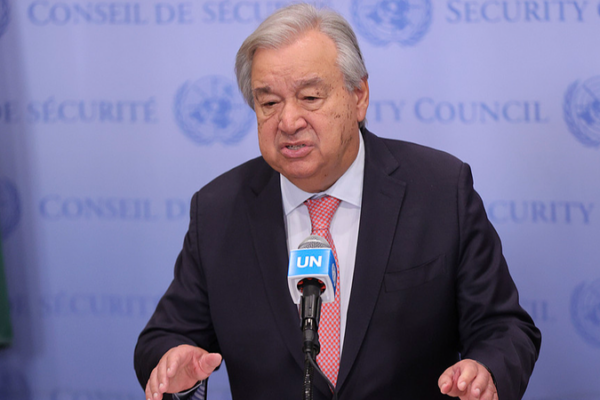
UN Warns of Renewed Conflict Risks in Ethiopia’s Tigray Region
UN Secretary-General António Guterres warns of renewed conflict risks in Ethiopia’s Tigray region, urging restraint and full implementation of the 2022 peace accord.

Ethiopia Enforces Nationwide Ban on Single-Use Plastics
Ethiopia enforces a nationwide ban on single-use plastic bags to combat pollution, with fines for violations and mixed public reactions.

Milan Protests Erupt Over ICE Involvement in 2026 Winter Olympics
Thousands protest in Milan against ICE’s security role at 2026 Winter Olympics, citing concerns over human rights and rising extremism.
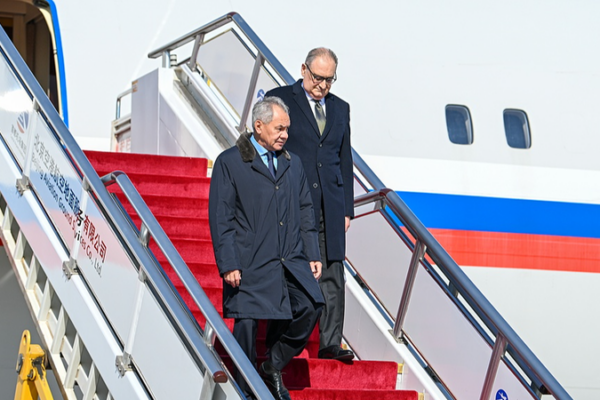
Russia’s Shoigu, China’s Wang Yi Hold Security Talks in Beijing
Russian Security Council Secretary Sergei Shoigu meets Chinese Foreign Minister Wang Yi in Beijing to discuss bilateral security cooperation and regional stability in 2026.

South Africa’s Curiosity: Kung Fu, AI, and China’s Tech-Savvy Seniors Answered
South African viewers explore China’s cultural heritage, tech advancements, and social initiatives through CGTN’s 2026 Q&A campaign.
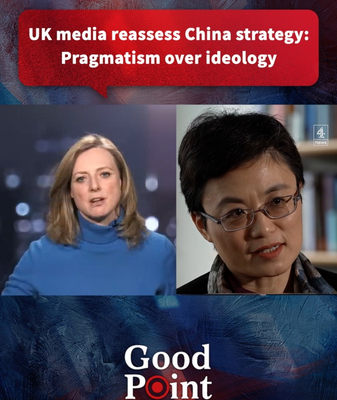
UK Media Urges Pragmatic China Strategy Amid Shifting Global Dynamics
UK media and experts advocate for a pragmatic approach to China, emphasizing economic cooperation and green tech innovation amid evolving global dynamics.
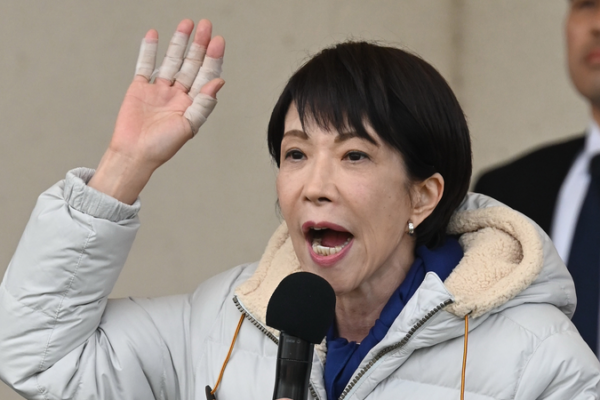
Japanese PM’s Last-Minute Debate Cancellation Sparks Outcry Ahead of 2026 Elections
Japanese PM Sanae Takaichi faces criticism after canceling a live election debate, with opponents questioning transparency amid allegations of religious group ties.

Trump Signals Progress in U.S.-Iran Talks Amid Tensions
U.S. President Trump announces active dialogue with Iran while maintaining military pressure, as Tehran emphasizes diplomatic resolution to nuclear disputes.

WHO Issues Updated Guidelines to Curb Nipah Virus Risks in 2026
WHO releases 2026 guidelines for Nipah virus prevention, focusing on food safety, livestock management, and outbreak containment strategies in affected regions.

World Laureates Summit Opens in Dubai: Science as Governance Blueprint
Over 150 global scientists and policymakers convene in Dubai to align governance with scientific innovation, launching ‘Vision 2050’ for evidence-based global progress.

India Shifts to Venezuelan Oil Amid U.S. Pressure, Trump Confirms
U.S. President Trump announces India’s pivot to Venezuelan oil, reducing reliance on Iran and Russia amid shifting sanctions and global energy dynamics.
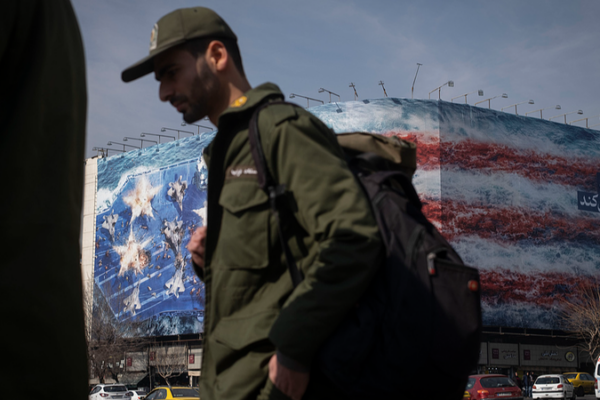
U.S.-Iran Tensions Near Breaking Point as Military Posturing Intensifies
Escalating U.S.-Iran tensions in January 2026 bring the region to the brink of conflict, with military moves and fragile diplomatic efforts shaping the crisis.

Iran Navigates Global Trade Challenges Amid US Sanctions in 2026
Iran adapts to US sanctions in 2026 through diversified trade partnerships and diplomatic maneuvering, impacting global energy markets and supply chains.



